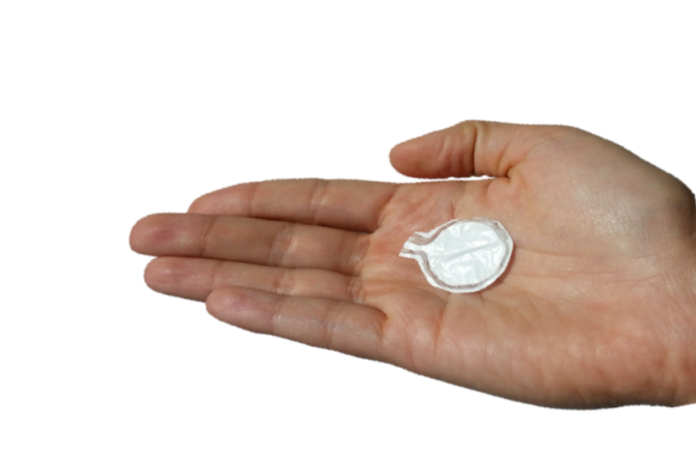A brand new method to regenerating insulin manufacturing in individuals with sort 1 diabetes is gaining steam in California. An alternative choice to the often-discussed technological enhancements resulting in a closed loop insulin supply system, the insulin-producing cell implants are a organic resolution to the problem of non-insulin producing pancreases (a problem we all know as sort 1 diabetes).
NPR reviews that San Francisco, California-based biotechnology startup Encellin is steadily approaching readiness for human medical trials. Founder and CEO Crystal Nyitray sees cells as “the unique sensible machine,” one thing that has motivated her work on this subject to take the type of bettering cell operate and safety, versus know-how that performs a task outdoors of the physique.
Though she was initially discouraged from pursuing her thought for growing a protecting house for insulin-producing cells by her grad faculty adviser, UCSF professor of bioengineering Tejal Desai, they discovered that Nyitray’s system and method confirmed outcomes of elevated insulin manufacturing and cell life–indicators that this venture was viable sufficient to maneuver ahead with their work at Encellin.

Nyitray and her colleagues have put collectively a system that may encase stay islet cells from the pancreas in a versatile membrane which might be implanted below the pores and skin. The coin-sized semipermeable pouch is designed to permit insulin and blood glucose to circulate freely out and in of the implant, whereas stopping immune rejection.
Rejection is a major concern when discussing any sort of implant or transplantation of a international object within the physique. Transplantation of islet cells (cells that create insulin within the pancreas) has taken place in medical trials for a number of years, with some accomplishment. Nevertheless, the immune system locations a problem on the success of those transplants, necessitating anti-rejection remedies and an eventual must resume insulin injections. Nyitray’s semipermeable pouch would shield the islet cells from immune destruction in addition to shield the recipient from needing highly effective anti-rejection medicines to take care of the implant safely.
Whereas Encellin has not but proceeded to human trials, their method has been confirmed profitable in animals at this level. Their subsequent aim is to show the remedy’s effectiveness in people through medical trials within the subsequent couple of years.
This sort of work falls below the class of beta cell substitute, an space that JDRF has emphasised and supported as one promising space of analysis, with many labs researching this avenue of remedy. San Diego-based firm ViaCyte has already moved ahead with medical trials with their proprietary system for encapsulation.
Much like what we have now already begun to see within the closed-loop race, it might take a few years of monetary funding and analysis, however there are a number of teams seeking to be the most secure and best resolution in encapsulating islet cells for the creation of insulin in individuals residing with sort 1 diabetes.
Sources:
Picture Credit score: Encellin


